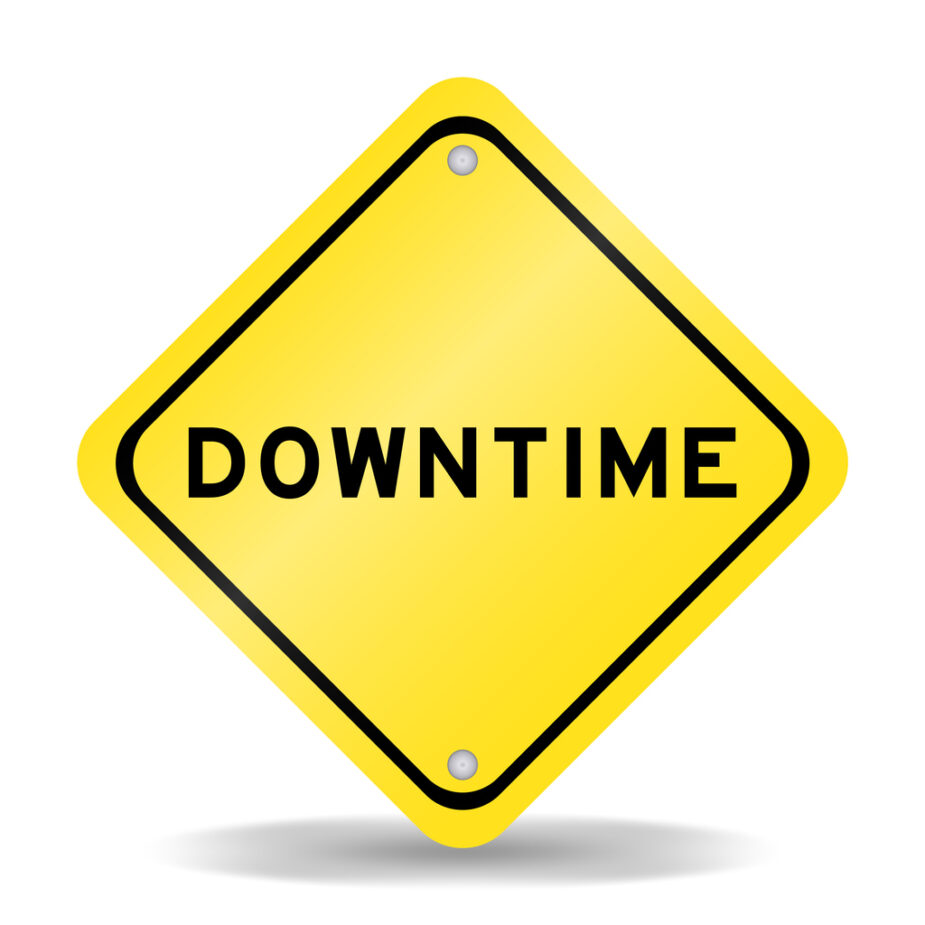These days, we tend to be scheduled to the minute. Whether it be meetings or having obligations and appointments to figure in, it can be easy to feel overscheduled. But that rigorous schedule comes with a price, too. Overly busy schedules can lead to stress, being overscheduled can damage overall well-being and mental health. Allowing ourselves to have downtime is good for well-being.
What is downtime?
Downtime can be anything where you don’t focus on work or productivity. The main intent is to relax and not do very much, but that can also mean different things to different people. For some, gardening may be a wonderful downtime task because it’s relaxing and brings them joy. For others, a nap or meditation may be soothing and refreshing. The key is to find something that allows you to refresh yourself and rest.
Make time for your hobbies
Hobbies can play an important role in downtime. It might be talking a bike ride through winding hills along the ocean, reading a novel that’s been sitting on your nightstand for ages, or scrapbooking photos of a vacation of summers passed.
Oftentimes, when we’re overscheduled, our hobbies are one of the first things to fall to the wayside. In reality, maintaining time for hobbies can reduce stress and increase overall satisfaction. While work-life balance can often be a bit of a fallacy, reserving time for our hobbies, even aside from family time, gives a sense of individual identity.
Allow for spontaneity
Leaving space for last-minute plans or opportunities can be freeing. You might get a call from a friend you don’t see often to grab lunch or coffee, there might be a book reading from a favorite author at a local bookstore, or the weather may be particularly gorgeous and you want to grab some sandwiches and have an impromptu picnic on the beach. Whatever it is, allowing room for spontaneity can add excitement and fun into your routine. Being spontaneous can make us happier, too, improving overall well-being.
Schedule downtime
While it seems counterintuitive while trying to create space for downtime, blocking out time on your schedule for downtime is a good, protective measure to ensure that you take time for yourself. The time doesn’t need to be dedicated to a specific activity, but holding space on your calendar to take time for yourself saves that sacred space instead of allowing it to be filled with a meeting or obligation.
Block off an hour or two reserved for hobbies, reflection, wellness, or exercise.
Aside from personal wellness, downtime can be good for employers, too. Workers who have better overall wellness also tend to be more productive, which is better for the business and bottom line, too. Workers who participate in hobbies and wellness activities are more productive, which is better overall for businesses.
Some activities that you might want to consider for downtime include:
- Naps
- Hobbies
- Spending time outdoors
- Exercise
- Spending time with loved ones
Downtime is essential because it allows our minds and bodies to rest and recharge, enhancing our overall well-being. In today’s fast-paced world, taking regular breaks helps reduce stress, prevent burnout, and improve productivity and creativity. It provides an opportunity for reflection, fostering mental clarity, and emotional balance. By embracing downtime, we cultivate a healthier, more sustainable approach to work and life.
Written by: Sheila Rupp
Learn more about us here: Working at AMSG (amsgcorp.net)
Looking for a career? Open Job Positions at AMSG Government Contractor Jobs (amsgcorp.net)

